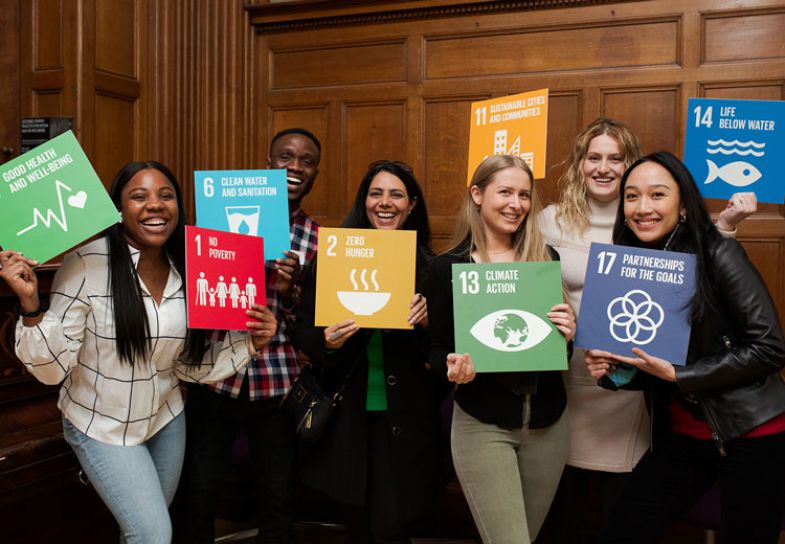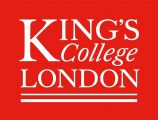
King’s College London has an ambitious strategy to address the climate emergency by embedding sustainability into teaching, research and operations
Universities have been expanding their research into climate and sustainability for some years, but real change can only happen if they embed this into everything they do. This is the thinking behind King’s College London’s ambitious response to the climate crisis, under the leadership of Frans Berkhout, assistant principal of climate and sustainability, and professor of environment, society and climate at the university. The approach at King’s intends to embed sustainability into everything from how the university delivers courses to decisions on procurement.
“Research is important as it draws attention to the issues, but it only advocates for the problem,” Berkhout explains. “Our job is also to advocate for solutions, to inform that process of transition and understand the complexity of achieving real change. These challenges are technological, ecological, social and cultural. We need to walk the talk and educate students for a future workplace where sustainability will be at the core.”
King’s recently launched its Net Zero Centre, based in the Department of Engineering, which will bring together interdisciplinary research from across the university to support these aims.
The university’s climate and sustainability ambitions are driven by five work streams: research, education, operations, philanthropy and communications. On research, King’s has launched a £2.5 million seed fund investing in new ideas over the next two-and-a-half years. So far, new research has been funded on how extreme temperatures affect our mental health, and research into how artificial ice stupas can help maintain ice in mountainous regions.
King’s has already started embedding climate and sustainability into teaching, with a target to integrate climate and sustainability into all undergraduate curricula within three years. This includes offering new modules to all undergraduates so they can understand the key issues and how they will impact their studies and careers.
More organically, Berkhout is encouraging leaders to integrate sustainability into their learning objectives and modules. Nursing and dentistry courses, for example, are embedding a concern with planetary health as a complement to patient health.
“Students will graduate with an understanding of these challenges, with the competence to ask the right questions,” he says. “We feel a responsibility to prepare them. Net zero and nature protection will pervade all jobs and affect them as citizens.”
Engaging existing and future staff is key to the success of the university’s ambitions. “Education and producing research are important but we’re also a big employer and have influence in our community,” Berkhout says. King’s students and staff collaborate on joint climate projects, bringing together top researchers, students and professional staff as peers with a common goal.
In the future, there are plans to expand the core team driving this work and attract academics who can fill “high-level bridging academic appointments” that consolidate the interdisciplinary nature of tackling sustainability transitions.
“Faculties are beginning to add sustainability into their job specifications, and we need to ensure that everyone, from our chefs to our philosophy professors, are on board,” he says. “We cannot stand on public platforms and advocate for change if we’re not also demonstrating that we’re committed to this across our organisation.”
Find out more about climate and sustainability work at King’s College London.






